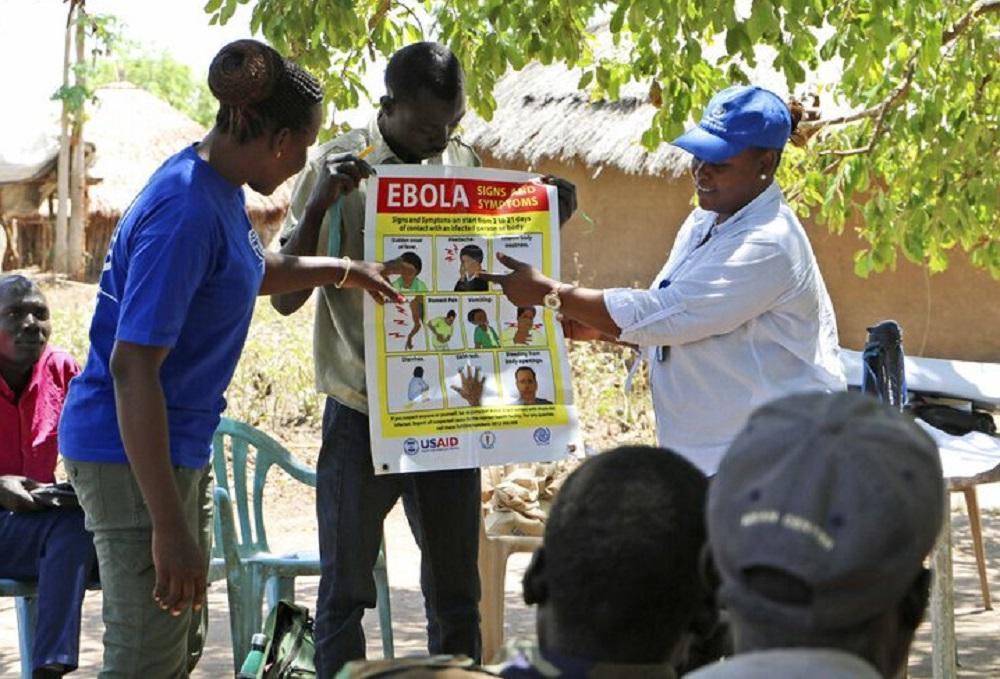Africa-Press – South-Sudan. Health authorities in Warrap State of South Sudan on Monday issued an urgent appeal to residents to prioritize personal and domestic hygiene, alongside proper waste management practices, to curb the spread of the disease.
Speaking to Sudans Post in an interview on Monday, John Akol Akol, Warrap State health surveillance officer, urged residents to adhere to strict hygiene practices in order to curb the spread of cholera.
“Our aim is to still do the campaign so that people keep practicing better hygiene, more particularly by avoiding defecating in the open,” Akol said.
Akol noted that some counties still report high cases of cholera amid poor hygiene, alongside proper waste management practices.
He disclosed that the state has recorded 6,000 confirmed cases of cholera with 105 deaths across six counties.
“We have counties like Twic, Gogrial West, Gogrial East, Tonj North, and Tonj East where the cases are still high.”
He hailed international partnership together with the national Ministry of Health for providing vaccines, which significantly helped to reduce the spread of the cholera outbreak.
“They are still trying hard to engage the partners so that more vaccines are available to the counties in addition to the health education that they are embarking on so that the local population knows the better methods of helping themselves during this critical period of the outbreak.”
Cholera, caused by the bacterium Vibrio cholerae, is an acute infectious disease affecting both humans and animals.
It is typically contracted through the ingestion of contaminated water or food, leading to severe symptoms such as diarrhea, abdominal cramps, nausea, vomiting, and life-threatening dehydration if untreated.
Poor sanitation, limited access to clean water, and overcrowded living conditions exacerbate the spread of the disease, making swift intervention critical.
According to the Ministry of Health, South Sudan has recorded over 59,139 confirmed cholera cases and more than 1,178 deaths across nine states and two administrative areas.
Children remain the most affected demographic.
For More News And Analysis About South-Sudan Follow Africa-Press






